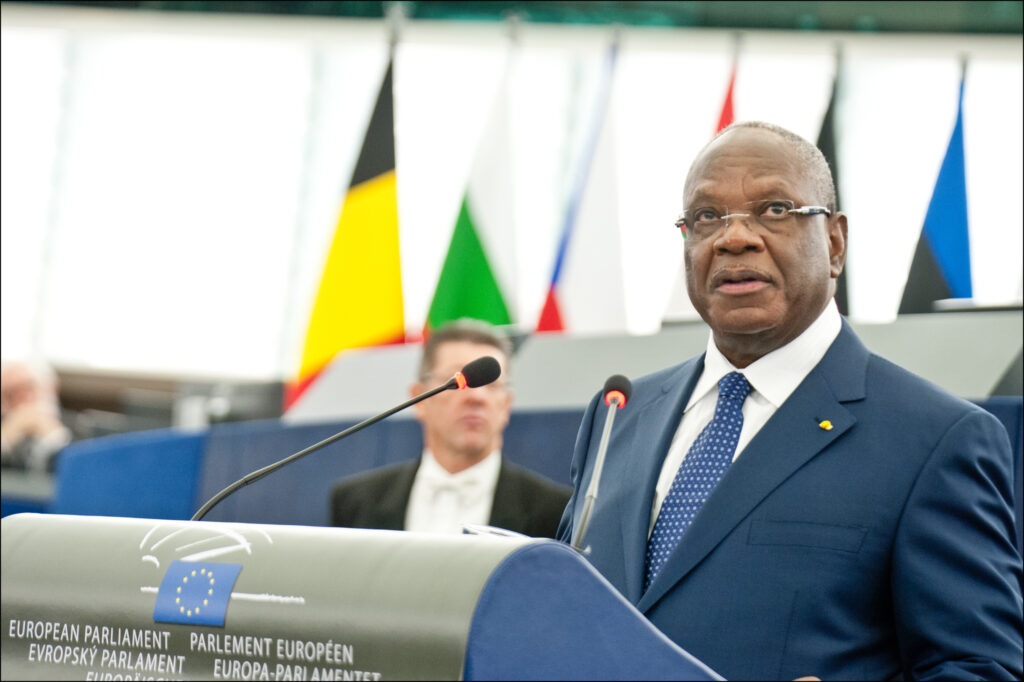Regionaal directeur Sahel van NIMD over de huidige gebeurtenissen in Mali

Door Mirjam TjassingRegionaal directeur Sahel bij NIMD
Wekenlang protesteerden Malinezen in de straten van Bamako tegen het regime van de zittende president van Mali, Ibrahim Boubacar Keïta (ook bekend als IBK), vanwege beschuldigingen van corruptie en wanbeleid tijdens zijn ambtstermijn. IBK, die in 2018 werd herkozen voor zijn tweede presidentiële termijn, werd ook geconfronteerd met twijfels over de waarheidsgetrouwheid van recente parlementsverkiezingen en over de vraag of hij het leger effectief kon leiden in een langdurige oorlog met religieuze extremisten in het noorden van Mali.
De gebeurtenissen kwamen deze week tot een hoogtepunt toen hoge officieren een staatsgreep pleegden in het land. Na de staatsgreep heeft IBK het parlement ontbonden en zijn functie neergelegd. De laatste staatsgreep in Mali vond plaats in 2012, toen de macht opnieuw in andere handen overging nadat het leger actie ondernam tegen de regering.
Wat is de huidige situatie in Mali?
Op dit moment gaan de mensen in Bamako gewoon door met hun dagelijkse bezigheden. Het is relatief rustig vergeleken met de afgelopen weken, toen tienduizenden Malinezen herhaaldelijk de straat op gingen om te protesteren. Daden van burgerlijke ongehoorzaamheid die de demonstraties afwisselden, zoals zelfgemaakte controleposten in de straten, lijken volledig te zijn verdwenen.
Als ik luister naar de mensen die ik in de loop van mijn jaren in Mali heb ontmoet, krijg ik unaniem het gevoel dat de politieke situatie onhoudbaar is geworden. De democratie in Mali was disfunctioneel en gebaseerd op het tevreden houden van machtige actoren door middel van machtsdeling, in plaats van een 'publiek-eerst' regering die de wil van de kiezers weerspiegelt. De ontevredenheid onder de bevolking was ongekend groot en het zou voor de oppositiebeweging van religieuze, politieke en maatschappelijke leiders bijna onmogelijk zijn geweest om terug te komen op haar eisen aan het aftreden van president IBK. Toch had de president de steun van de internationale gemeenschap. Op dit moment van impasse grepen de militairen in.
De staatsgreep van deze week heeft het ontslag gebracht waar de bevolking om vroeg, maar nu moet er in Mali een gesprek worden gevoerd over hoe het nu verder moet en hoe het volk weer centraal kan worden gesteld in het bestuur.
Wat kunnen het maatschappelijk middenveld en NIMD nu doen?
De coupplegers hebben toegezegd de macht over te dragen aan een burgerregering en verkiezingen te organiseren. Verkiezingen zijn essentieel, maar niet genoeg.
Als NIMD zullen we de Malinese samenleving bereiken om aan te dringen op een dialoog over hoe we van deze altijd betreurenswaardige staatsgreep een kans kunnen maken om de democratie te verdiepen en de geloofwaardigheid van de Malinese instellingen te vergroten.
